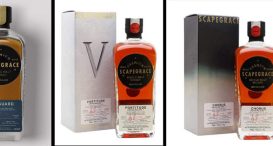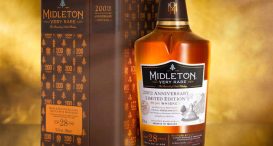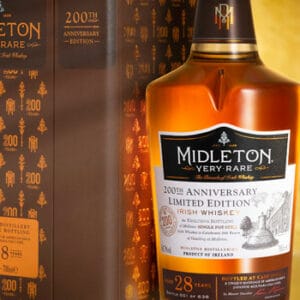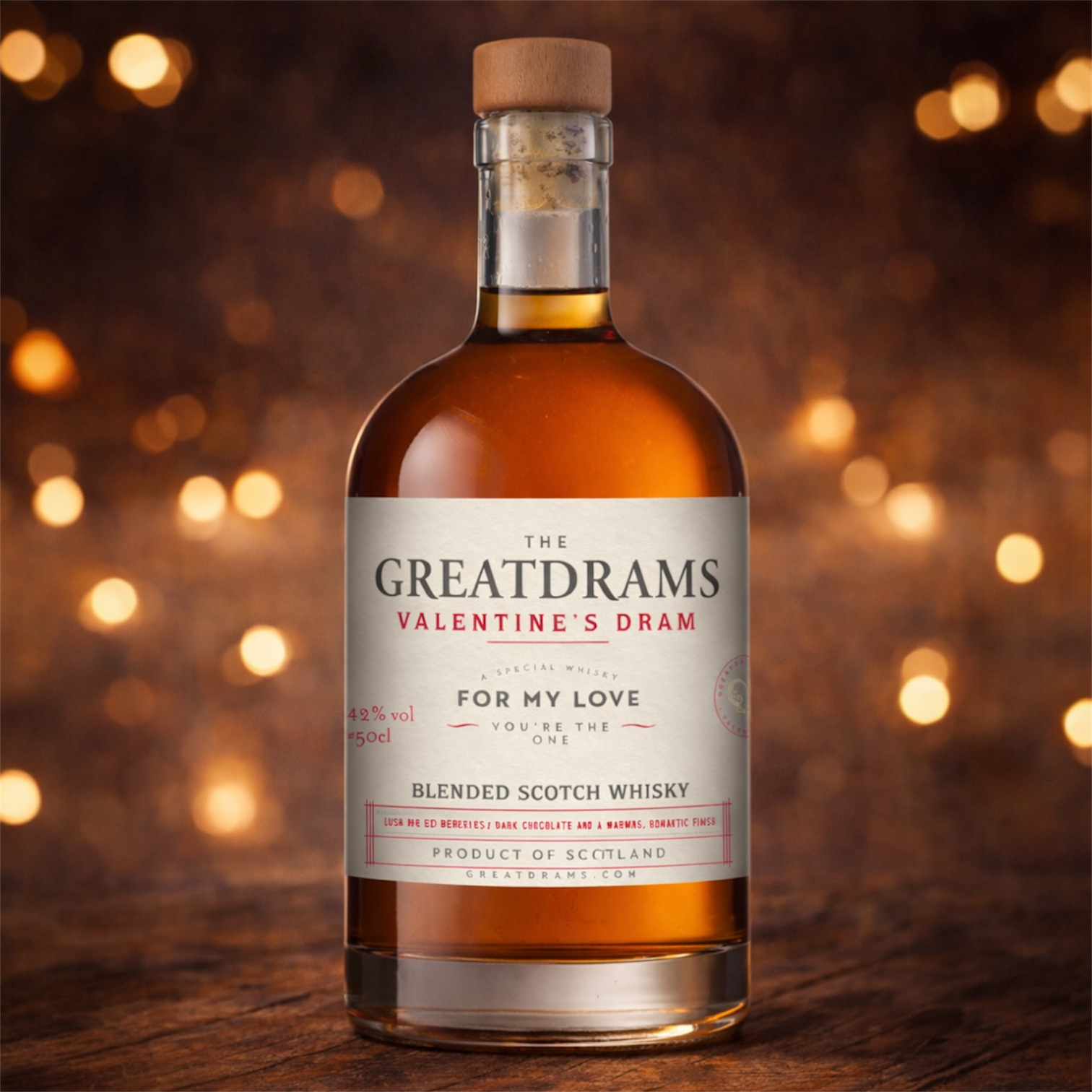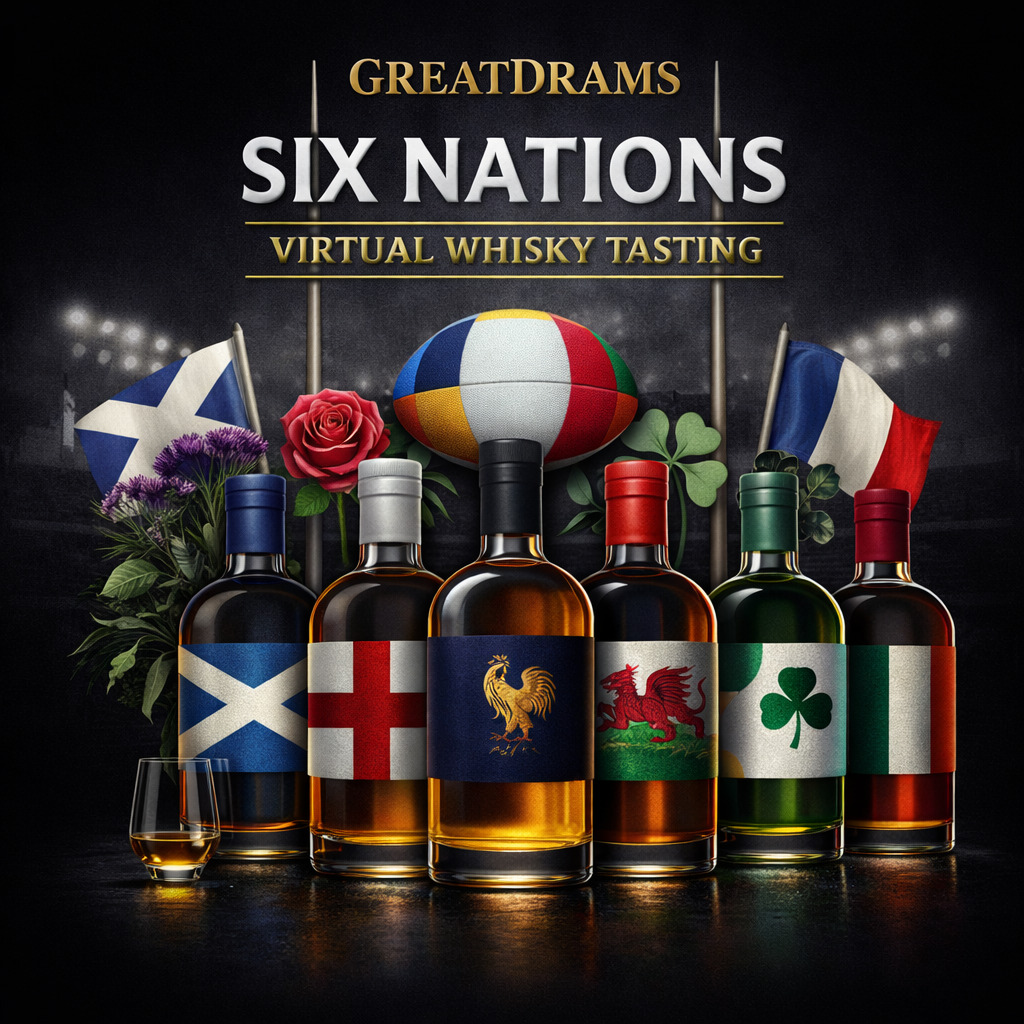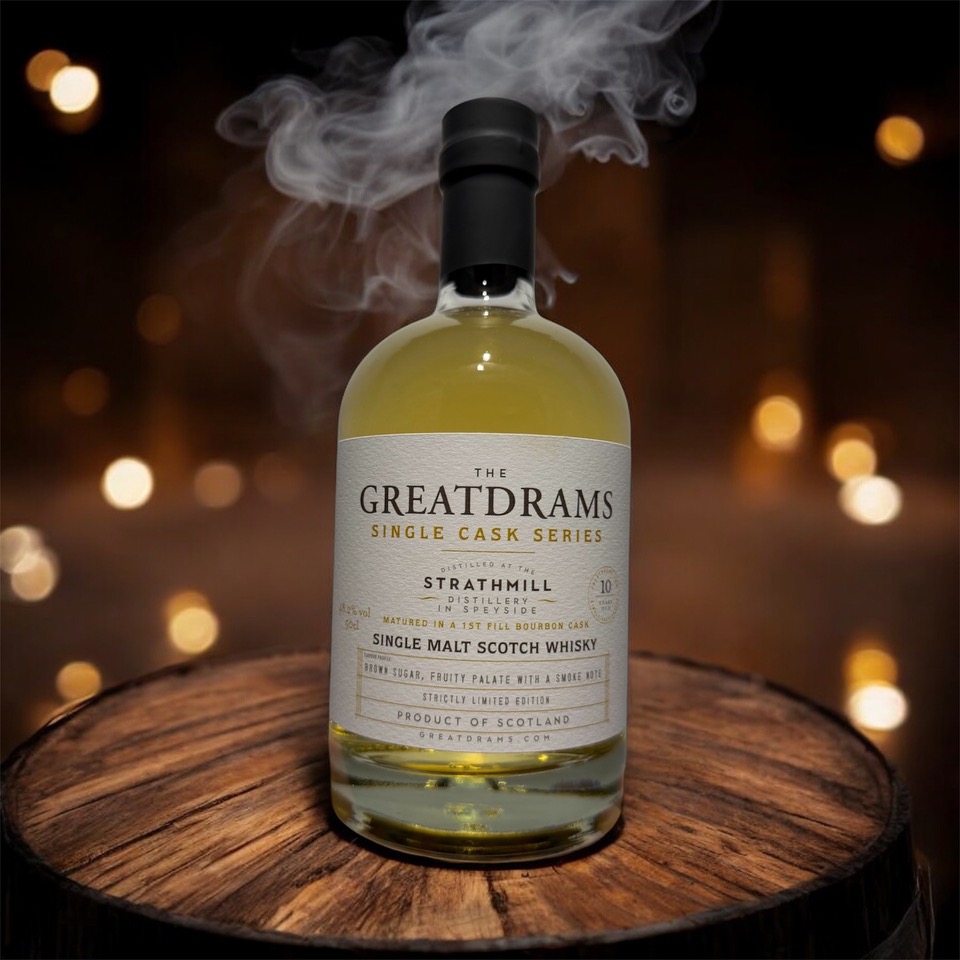How branding became essential to whisky marketing
Whisky has been one of the most consistently popular alcoholic drinks around the world for as long as it has been sold. Nevertheless, it is definitely the case that whisky is more popular than it has ever been.
This is especially true in markets around the world where demand for quality Scotch whisky often outstrips supply. And with this success has come an influx of whisky producers looking to get in on the action.

In this crowded marketplace, it is important for companies to differentiate themselves from competitors and show that their product is best. But with such an expensive product it takes a long time for an individual customer to establish preferences based on taste. This is why branding has become essential to whisky company marketing.
Whisky has been one of the most consistently popular alcoholic drinks around the world for as long as it has been sold. Nevertheless, it is definitely the case that whisky is more popular than it has ever been.
This is especially true in markets around the world where demand for quality Scotch whisky often outstrips supply. And with this success has come an influx of whisky producers looking to get in on the action.
In this crowded marketplace, it is important for companies to differentiate themselves from competitors and show that their product is best. But with such an expensive product it takes a long time for an individual customer to establish preferences based on taste. This is why branding has become essential to whisky company marketing.
The impact of branding
There can be no doubt that the whisky industry is far from the only one that has seen a surge in the importance of good branding. Indeed, over the past twenty years or so, branding has become seen as absolutely crucial to the long term success of your business, no matter what industry you are in.
“Good branding increases the value of a company, provides employees with direction and motivation, and makes acquiring new customers easier,” says Anas Khan, writing from Designiscope. “Whether we talk about building a new brand or rebrand the old one, there’s always a strategy or plan that takes place in the right way. Everything we know about every product we use is because of branding. It is the link that connects the company to the customer and customer to the company.”
How do companies invest in branding?
Whisky businesses have taken many different approaches to investing in branding for their products. Highland Park have had great success with their eye-catching engraved bottles, while there are many examples of rebranding bottle labels to help them stand out on supermarket shelves.
Sometimes it’s the simple things like the visuals that matter the most. We have seen whisky companies investing heavily in their visual output. For example, photographing their products using polarising lens filters to provide a richer appearance, or using other product photography tricks such as prime lenses with a fixed focal length to highlight the detailing on the bottles.
For example, take a look at how organic whisky producer Nc’nean captures images not only of their bottles, but also of the local landscape as a part of their website branding. This is crucial to their marketing not only as a prestige option, but also an ethical one.
Success stories
It is certainly the case that we have seen a fantastic range of whisky success stories in recent years – and much of this has come down to clever branding. Bruicchladdich Distillery, which saw its own factory mothballed from 1994 to 2000, has returned to the market as a major player, branding itself as an innovator.
Indeed, brands are also noticing the power of whisky as an experience in the modern market. Customers are increasingly looking for a product that is more than a drink. That is why distilleries have invested so much in the branding of their distilleries, to make them a more interesting and memorable visitor experience.
Whisky is a status symbol
When we think about what a customer is looking for from a great whisky, we often talk about the characteristics of the drink itself. And of course, in this regard there are many different ways to consider it: one customer might value a smokey, peated whisky with great richness and depth. While another might be interested in crisper, sweeter flavours.
But this focus on the product is failing to recognise something about whisky: it is more than a drink, it is a status symbol. What allows Glenmorangie and Dalmore to charge double the price of companies like Speyburn and Inchmurrin for their 18-year-old whisky is not a question of quality. It is a question of prestige.
Around the world, everywhere from India and China through to South America, being able to buy recognisable branded whiskies shows status. Just like wearing a Rolex watch or a designer handbag.
Branding can help smaller companies too
Of course, many whisky distilleries have been around for hundreds of years, and have been able to build their branding around long-term quality and historic prestige. You might assume, then, that great branding can only exist to boost the popularity of already-successful whisky companies.
However, it is certainly the case that in recent years we have seen smaller and younger companies being able to have a great deal of success. Perhaps most notable has been the rise of Arran – a distillery that has pushed its branding around simplicity and quality.
But this is a lesson in that there is more than one way to do great whisky branding. Look at the success of Smokehead. First released in 2006, Smokehead is a mainstay on supermarket shelves in part thanks to its dramatic visuals.
Creating awareness
So, how are whisky companies creating awareness around their products and pushing their branding? The answer, in the majority of cases is fairly simple; they are spending money. There can be no doubt that many whisky distilleries have seen the sense in putting money into their whiskies.
There have been significant TV advertising campaigns promoting even smaller companies, and undoubtedly the push to add more whisky to the liquor aisle in supermarkets has made a big difference. The fact that it is no longer necessary to visit a specialist shop to find quality whisky has been crucial.
There can be no doubt that branding now plays a massive part in whisky sales. Companies that have been also to hone and maximise their branding such as Johnnie Walker command a significant portion of the whisky market even in an era where we understand more than ever about crafting quality whisky.
Of course, it is important to remember that branding cannot be the be all and end all of whisky producers. Producing a great product is still vital – even the finest branding can overcome a bad whisky, so there has to be some acknowledgment of both aspects when it comes to the most effective ways to market your whisky.





